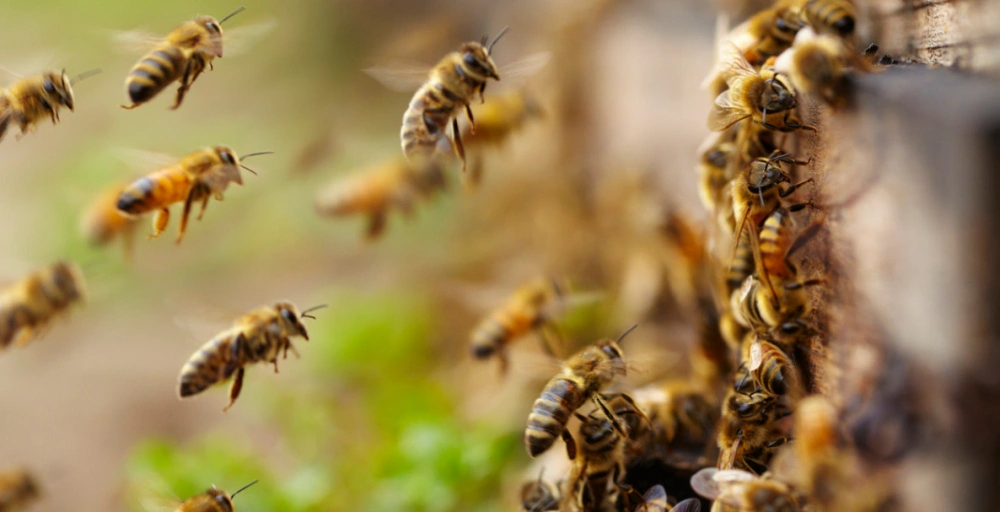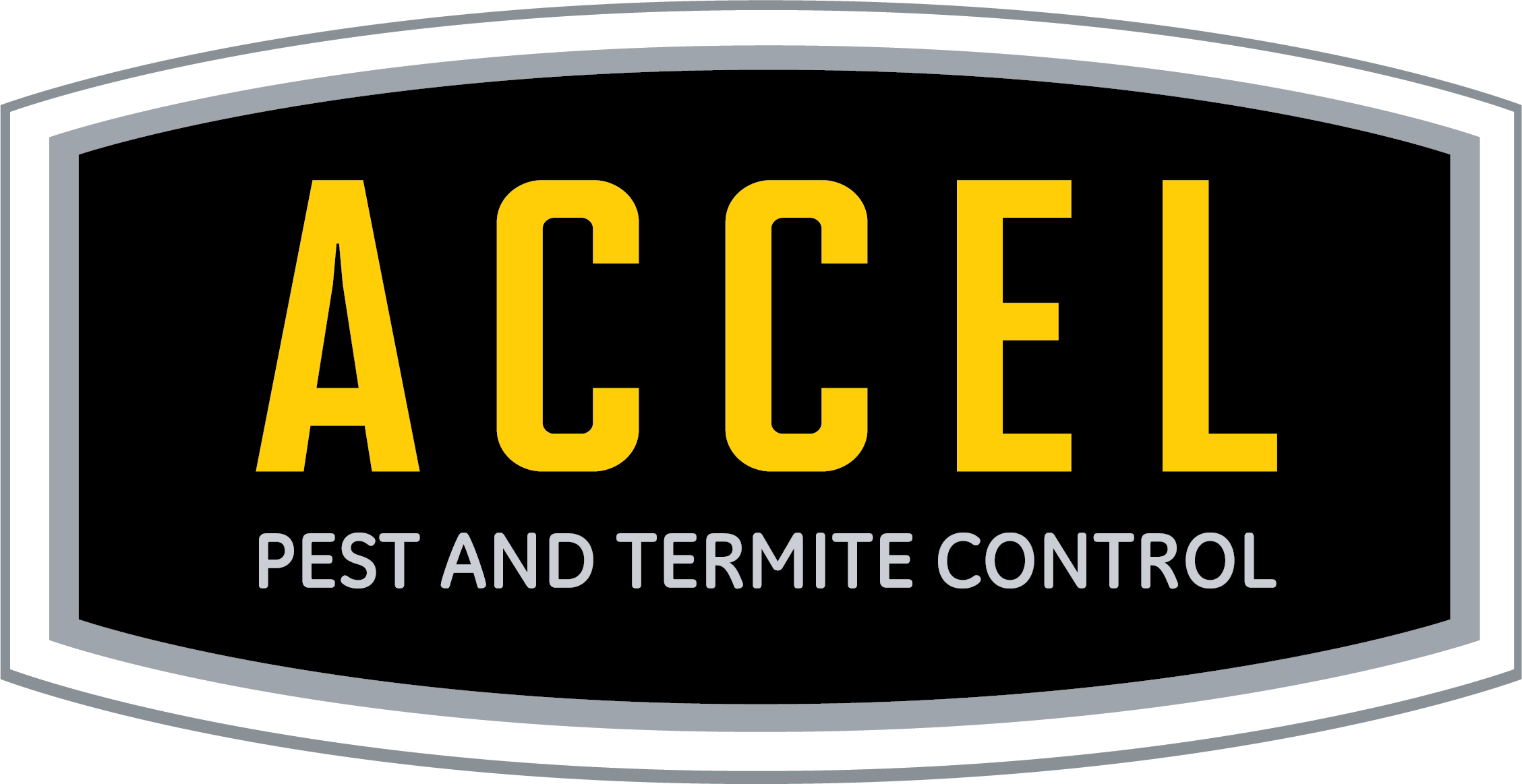Fun Facts About Bees

What’s The Buzz?
For many people, the word “bee” conjures up images of being stung by one of these flying insects. However, there’s a lot more to bees than meets the eye. In fact, these pollinators play a critical role in maintaining our ecosystem. Here are some interesting facts about bees that may change your mind about these misunderstood creatures.
Fun Bee Facts!
Hive Structure
A beehive consists of three types of bees:
- The Queen
- The workers
- The drones
The queen is the only bee in the hive that can lay eggs, which is her only job. Worker bees are all female; their job is to take care of the queen and her eggs, build and repair the hive, collect pollen and nectar, and make honey. The drones are male bees, and their only job is to mate with new queen bees.
How Worker Bees Help the Queen Bee
The worker bees feed the queen bee nutritious food called “royal jelly,” also known as “bee milk.” It is a white, milky substance secreted from the worker bees’ heads. The royal jelly helps the queen bee produce more eggs and sustains bee larvae. Worker bees also clean the queen by grooming her, so she doesn’t get too hot or cold.
How Do Bees Make Honey?
Worker bees collect nectar from flowers and store it in a special sac, commonly called a “crop,” in their stomachs. As they fly back to the hive, an enzyme in their stomachs changes the nectar into honey. They then regurgitate the honey into cells inside the hive, where it is stored until needed.
Why Are Bees Important?
Bees are essential for our ecosystem because they help plants pollinate. This means that they transfer pollen from the male parts of flowers (the stamen) to the female parts (the pistil), which helps fertilize plants so that they can produce fruits and vegetables. Bees also help with seed dispersal that spreads plant species around an area. Seed dispersal is crucial because it ensures that if one place becomes uninhabitable for a particular plant, other areas will allow it to grow. In short, many plants would die off without bees, which would cause a snowball effect, leading to drastic reductions in animal and human populations.
Bees play a vital role in our continued existence, which is why we should respect and care for them when we have the chance. Suppose you notice a bee hive in an unfortunate spot near your house. In that case, we urge you to contact an experienced pest control expert who can relocate these purposeful pollinators.
Call Accel!
Our experts at Accel Pest and Termite Control, have the knowledge and experience to relocate our little buzzing friends properly. If you notice a bee infestation in or near your home, call us at (877) 716-7522
